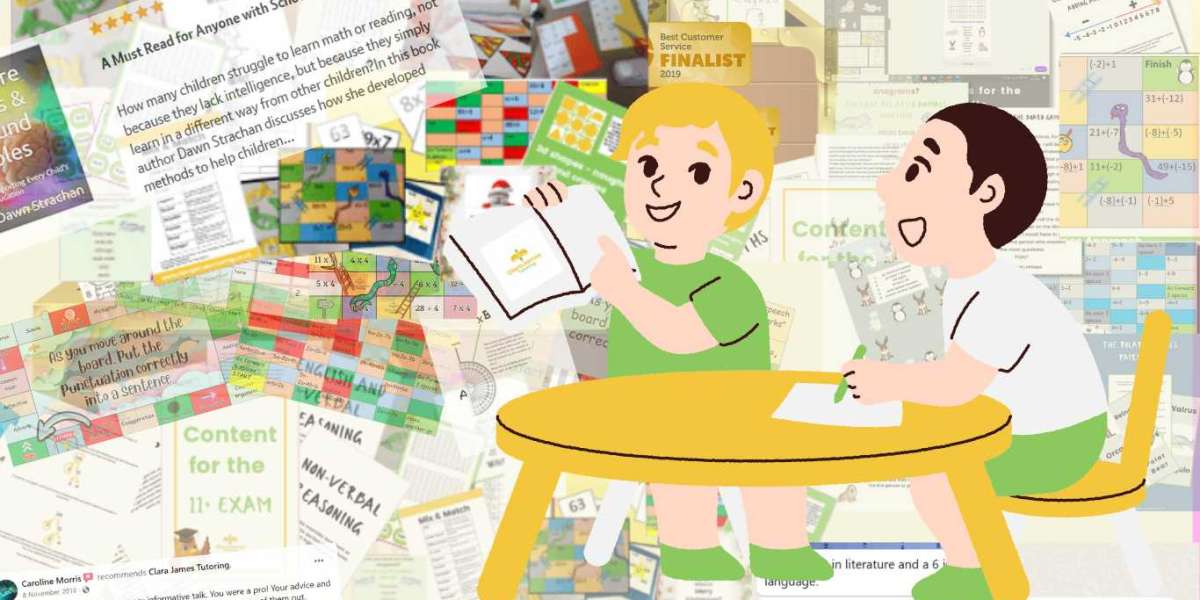Why Games Are a Powerful Tool in Learning
“I think it’s time to do some proper learning now.”
A phrase put to me by a mum a few years ago. Here daughter was ADHD and struggling to concentrate at school. We had worked together for a couple of months, and she had made great progress during that time.
This is my justification for using games and not always relying on the conventional methods of text books and worksheets that are so often relied upon in many educational settings:
I hand your child a work sheet, they diligently work through it. I correct any mistakes and pass them another one to help consolidate the information. Again, they work through it completing it to the best of their abilities.
A day or two later their teacher asks them a question relating back to that worksheet. Their brain desperately searches inside their head for the place where they stored that information created by the worksheet, but much to their dismay it remains elusive. To their embarrassment, after all that hard work, they must admit they don’t know…
However, if I had approached the same task from a different angle, there is a high probability the result might have been different.
Let’s imagine we are working on solving simultaneous equations, we can start by drawing a bright colourful set instructions on how to solve them.
Next, we might tackle a codebreaker together, using the answers to the questions to reveal a letter which in turn reveals a joke.
A pairs game might be next, the goal to match a corresponding question and answer.
Finally, we might have a look at some exam style questions.
By taking this approach we are helping them to create multiple memories so now when the teacher asks them to answer a question their brain has more places it can go to where it can grab the information that it needs.
I used simultaneous equations here, but I could just have easily used times tables: a pairs game, a game of Jenga with a number written on each brick which needs to be multiplied by our times table of choice, a game of bingo, or snakes and ladders, each with questions associated with that particular times table.
In English we might play 4-in-a-row, funny pictures, or adaptations of the games mentioned previously.
What is more, when we are playing games, we are hopefully enjoying ourselves. When we enjoy ourselves, we relax. The more relaxed we are the better frame of mind we are in to retain the information we are given.
What is more, games can be repeated time and time again reinforcing the information, whereas the repetition of a worksheet may not have the same appeal to most people.
By incorporating games into learning, we're not just teaching the subject matter—we're engaging your child in a way that makes the material memorable and enjoyable. The repetitive nature of worksheets can often feel tedious and uninspiring, especially for young learners. However, when the same concepts are woven into a game, your child is not only more likely to engage with the material, but also to internalise it more effectively.
Games encourage active participation, critical thinking, and problem-solving, all within a context that feels less like work and more like play. This approach doesn’t just build knowledge; it builds confidence. When your child enjoys the process of learning, they're more likely to carry that positive attitude into the classroom and beyond. They’ll approach challenges with a mindset that says, "I can do this," rather than with the anxiety that often accompanies traditional methods.
So, please remember that the games we play are not just about fun—they’re powerful tools that help your child learn in a way that’s both effective and enjoyable. After all, when learning feels like play, the knowledge gained is not only retained but cherished.
Our goal at Clara James Tutoring is to make learning fun and accessible to everyone. If children are engaged in what they are doing they are more likely to want to participate, if they are enjoying it, they are more likely to relax and retain the information.
If they are retaining the information it will help boost their knowledge and with knowledge comes confidence.
If you have a child who enjoys learning through games and being more creative, and you enjoy spending time with them, you might be interested in the Clara James Approach, the membership group we have put together to support you in supporting your primary school aged child with their maths and English.
Interested?
Click here to learn more: The Clara James Approach








